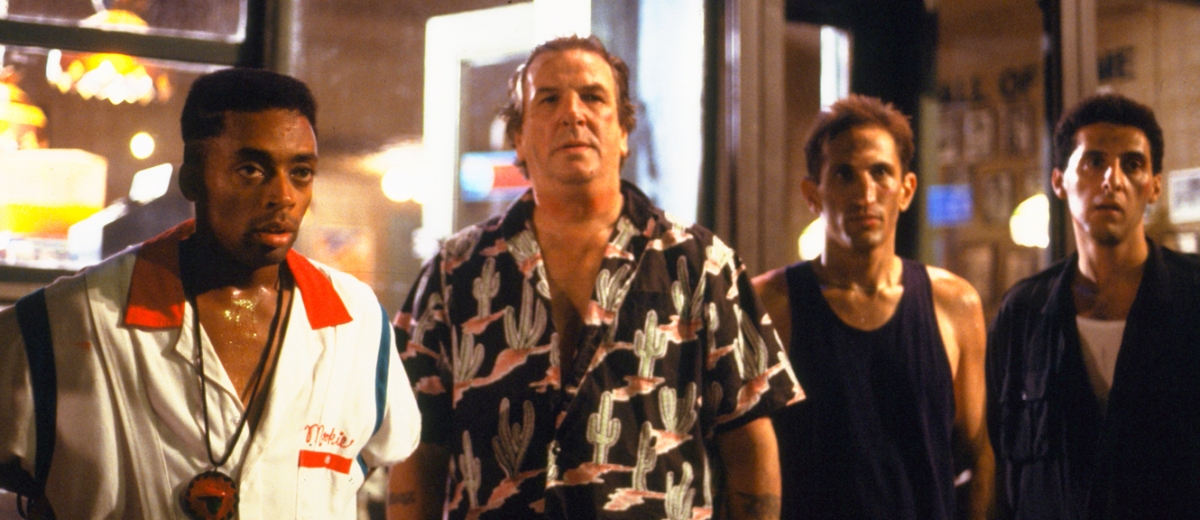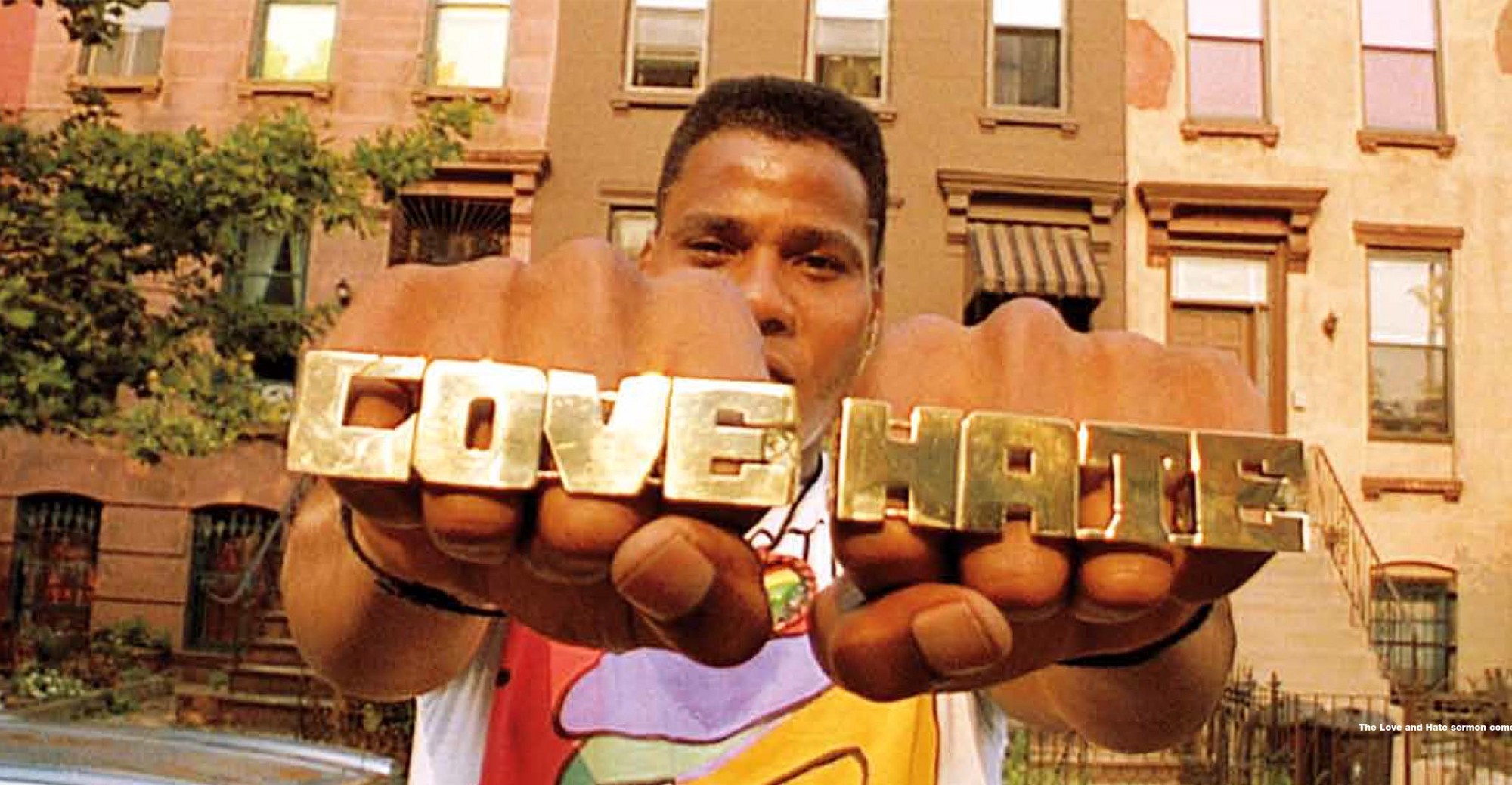Spike Lee is well and truly back. The visionary’s latest feature BlacKkKlansman (2018) has already attracted well deserved mass attention resulting in exhausting the entire capacity of the State Theatre for two consecutive nights at the annual Sydney Film Festival.
The film marks a triumphant return for auteur filmmaker Spike Lee, notable for his radical films from over three decades ago. Screenings will take place in Sydney on the 16-17th of June and audiences who were lucky enough to score tickets will be reminded of Lee’s signature style of fearless filmmaking and refusal to shy away from the injustices of contemporary society.
Directed, written and produced by Spike Lee, this latest feature from the revolutionary creative is on the way over to the Sydney Film Festival, straight from the prestigious Cannes Film Festival, where it competed for the Palme D’or and won the Grand Prix Award. With a tag-line like “Infiltrate Hate”, there’s no doubting Lee’s returning to his cinematic roots with a rhyme that packs a punch relevant for 2018 audiences.

The Lee revolution sparked way back in 1989, the year Do The Right Thing was released to audiences across America and worldwide – a cornerstone in dark-comedy realism. Both praised and criticised for its representation of people of colour and overall ground-breaking content, the racially charged drama portrays a diverse neighbourhood in Brooklyn whose residents erupt in anger against one another on the hottest day of the year. From Italians owning pizzerias, Chinese fathers working fruit stalls and African-American males parading the neighbourhood with boomboxes atop their shoulders – the construction of character stereotypes purely based on racial background held up a very real mirror to viewers on how race is perceived beyond the confines of a film screen. The sweltering heat brings racial tensions to boiling point as chaos and tragedy ensues, with audiences since asking; “did anyone do the right thing?”

I well remember the first time I watched Do The Right Thing. It was in a film class on contemporary Hollywood and the whole auditorium was silent. My fellow students were in awe of such an in-your-face depiction of race that complimented Lee’s adaption on traditional Hollywood directing. He broke down the fourth wall, hurled racial slurs right to our faces. Of course, it was the climax of the picture that truly left an impact on us all (no spoilers here).
Since the uproar of Do the Right Thing along with the success of epic screen biography Malcolm X (1992), Lee has cemented himself as a pioneer of igniting awareness of racial discrimination on screen. From his debut film She’s Gotta Have It (1986), now adapted for a Netflix series, his films have been studied by critics, students, academics and activists and cited as some of the most socially significant films of the Twentieth Century. The enduring relevance of his projects now translates for a new generation of fans.
Nearly 30 years after Do the Right Thing shook audiences’ perceptions of race in America, Lee rejuvenates his style and political relevance with an inventive, thrilling cop comedy-drama with a nuanced Seventies edge. Based on an inspiring true story of heroism and resilience, BlacKkKlansman follows African-American police officer Ron Stallworth (John David Washington) and his infiltration of the notorious Klu Klux Klan in his local chapter, with the aid of his Jewish colleague, Flip Zimmerman, portrayed by Girls alum Adam Driver. Set in the late Nineteen-seventies in Colorado, the film has all the bones of a classic Lee film that will no doubt provoke questioning, spark outrage and provide crucial social commentary.
So how will this new feature, a story of racial hate in an age of a Trump-fuelled politics against the Black Lives Matter movement, be received? One thing is for sure, Lee’s on-going fight for equality through his expansive career proves that not enough has changed. May it continue to be given the prominence it deserves with BlacKkKlansman.
Do you agree that Lee’s new feature will bring the dialogue on race relations further to the forefront of cultural debate, where it belongs?
Check out more on the film at the Film Festival here.







